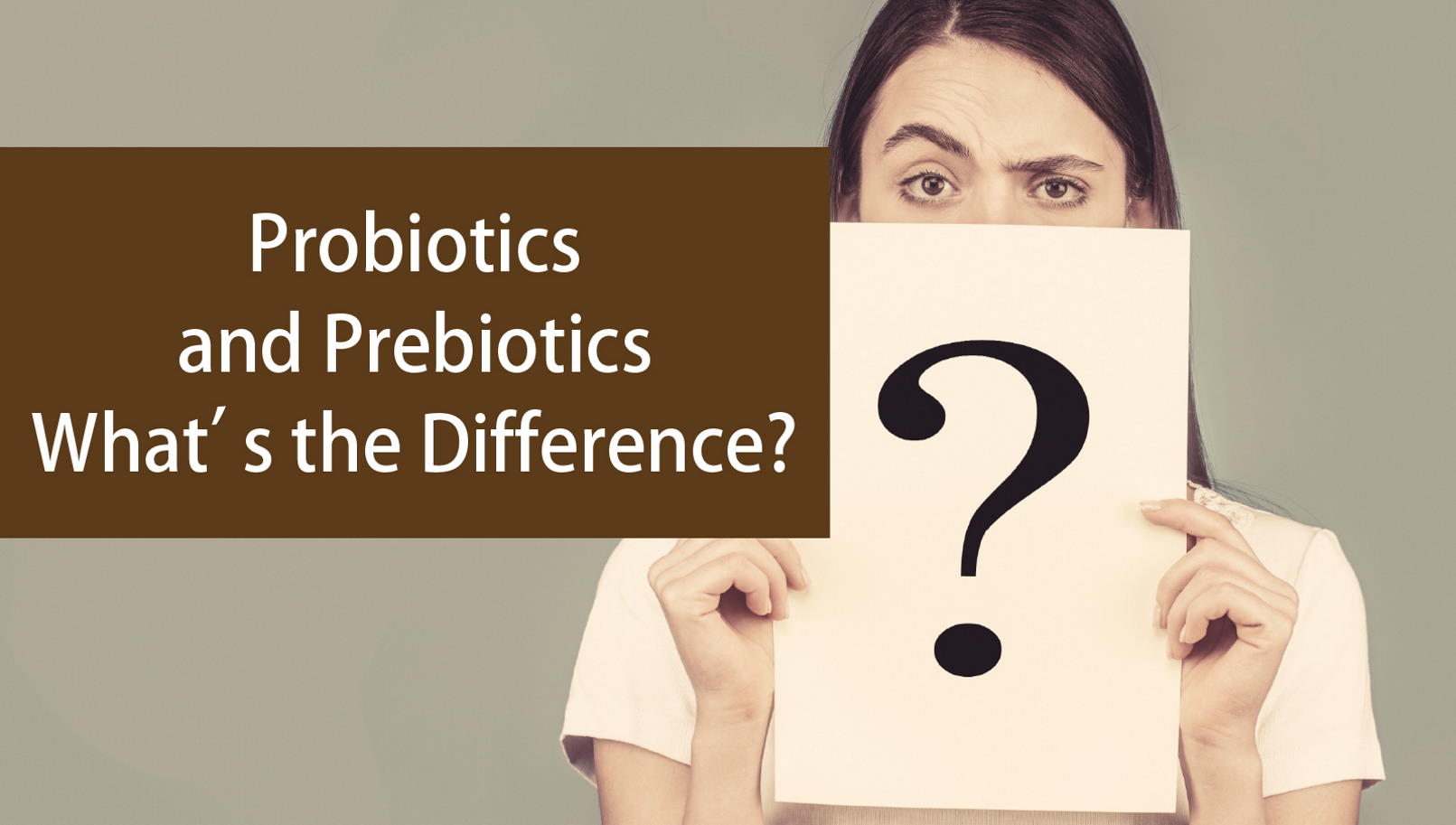15 November 2023
When it comes to gastrointestinal and overall health, the words “probiotics” and “prebiotics” are often heard. What is the difference between them? How do they work in our bodies? What are the foods that they can be consumed from? PhytoFairy will help you to understand their role and importance better.
What is probiotics?

The human gut, including the large intestine, small intestine, and stomach, is home to trillions of microorganisms, including bacteria, fungi, and viruses. The microorganisms present in every person’s body are unique and they include bad bacteria that are harmful to our health, as well as good bacteria that are beneficial to the digestive system, known as probiotics. Probiotics are beneficial active microorganisms that are naturally present in the body. When consumed in sufficient quantities, they have a beneficial effect on human health. Probiotics are obtained from fermented foods, including naturally fermented yogurt, kimchi, lactobacillus drinks, fermented beverages such as kefir, and fermented soybean products such as tempeh, miso or kombucha.
What are the benefits of probiotics?
1. Help in gut health:

When the body is infected, harmful bacteria increase and probiotics eliminate the excess bad bacteria, balancing the pH value in the gut, and maintaining the balance of good and bad bacteria in the digestive tract. Probiotics also help the body break down food, which is vital for both digestion and nutrient absorption. Probiotics also help to relieve the symptoms of chronic constipation (having difficulty eliminating stools for a long time), as well as improve the frequency of bowel movements and soften the hardness of stools. Probiotics have been proven to improve symptoms such as abdominal pain and discomfort, and bloating. Of course, not just one strain of probiotics has all the benefits, but different types have different effects.
2. Help to strengthen immunity:

80% of the immune system is closely related to gastrointestinal health. Thus, gut health is crucial in boosting the body’s immune system to prevent diseases. Probiotics can help the body produce antibodies and also help inhibit the growth of harmful bacteria in the gut.
3. Help in mental health:

Consistent intake of proper and appropriate probiotics can improve emotional health.
What are prebiotics?

“Prebiotics” are “food” for probiotics which cannot be digested by the human body but can be utilised by the probiotics in the gut. Food sources of prebiotics include legumes, bananas, asparagus, garlic, onions, green onions, whole grain oats or cassava. Prebiotics can help in the growth and multiplication of probiotics, helping to maintain a healthy microecology in the gut. Prebiotics also help in the rapid growth of probiotics in the gut and help provide nutrients needed by the intestines. Not only do prebiotics help maintain gut health, but they may also reduce the risk of getting intestinal disease and promote healthy weight management. Combining prebiotics and probiotics can have a complementary effect.

In our busy lives, we often neglect our gut health. By understanding the role of probiotics and prebiotics, we can take better care of our gut and boost our immunity, improving our overall health from the inside out. Let’s start paying attention to our gut health now to improve our overall health!






